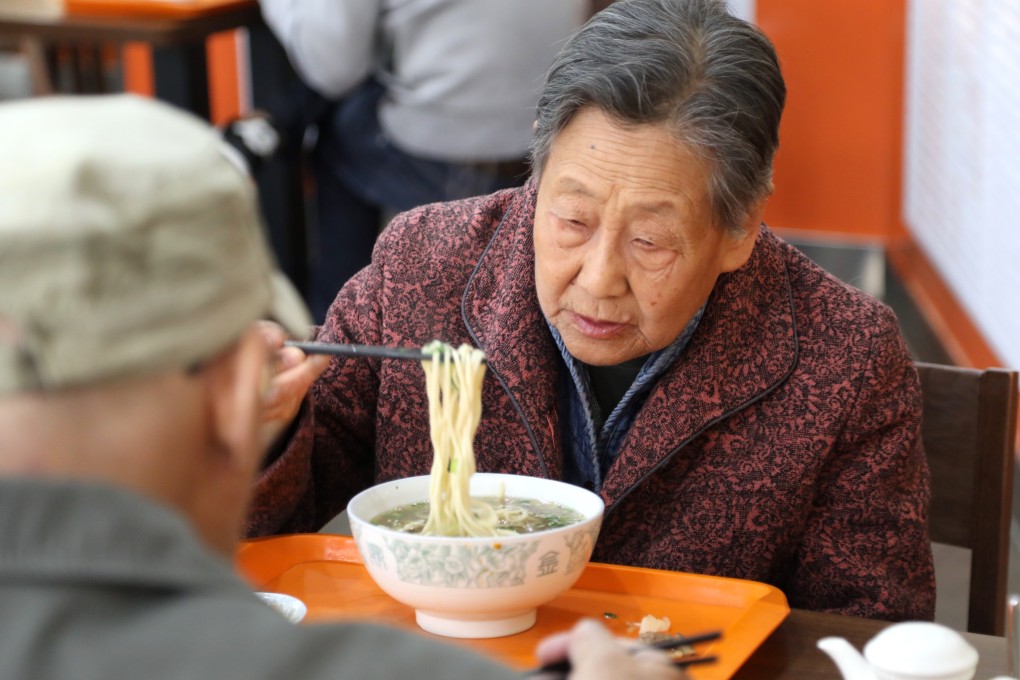China’s state-run cooperatives and food kitchens do not signal reversal of opening-up policy, analysts say
- Uncertainty over China’s economic policy direction under the new leadership has roused suspicion of a return to planned-economy era that experts say is unfounded
- So-called cooperatives and food kitchens are closely associated with China’s unsuccessful planned economy from more than four decades ago, but now lack administrative powers

The resurgence of state-run “cooperatives” and food kitchens in communities across China does not suggest that Beijing is reversing its market-reform and opening-up efforts, according to analysts.
But discussions over these types of community-level operations – popular during China’s planned-economy era and into the 1980s – come amid rising public concerns and a lack of confidence following the recently concluded 20th party congress, where a leadership reshuffle has shrouded the future of Chinese economic policies.
In a note in 2020, Xi highlighted the pivotal role that the cooperatives play in serving farmers, driving rural development and alleviating poverty. By the end of that year, official figures put the total number of such cooperatives at 37,652 across China – 5,187 more than in 2019.